Do you want to understand the Online Reputation Management at length? If yes, then this step-by-step and documented guide will help you in increasing your online reputation and rank higher than your competitors.
In this digital age, the whole world uses the internet and literally everything has become virtual.
Need assistant ? Talk to an expert
If you want to buy cozy cushions for your drawing room, start your search on Google, keeping in mind the customer reviews and comments, stat you will make a choice and order the product.
Negative comments create a vague impression for your brand and you tend to ignore the product even if it's on sale.an example
Doesn't it bother you when people are publishing negative reviews about your business? I can hear you saying, “Yes, it does.”
Though negative comments are essential to let you know where you are lagging in your business, some of them are just not correct and often misleads your audience while damaging the reputation of your brand. People will quickly change their minds and start searching for other options online,don’t let your competitor steal your client.
This impacts your business tremendously and reduces your incoming customers. To tackle this, Online Reputation Management comes into the picture. In 2021 , your online reputation matters a lot, how people are perceiving you on the internet and deciding whether they should buy your product or ignore you. To rectify your image on the internet,Online reputation management has a major role to play.
Need assistant ? Talk to an expert
Let’s find out why it becomes so important in the 21st century and how it can take yourbusinessto the next level, why it is imperative to present your best version on the internet. There are a lot of questions that need to be answered for better clarity on online reputation management.
What is Online Reputation Management?
Online Reputation Management is a process that creates and maintains your brand name online, parallelly making it stand out on various social media platforms. It presents your brand in a positive light that helps to multiply your business.
Online Reputation Management means creating an impressive digital presence of your product or service by managing the customer reviews and comments. So, people who are searching for your brand will find5-star reviews andpositive customer experiences that make your brand stand out on the internet, hence boosting your sales.
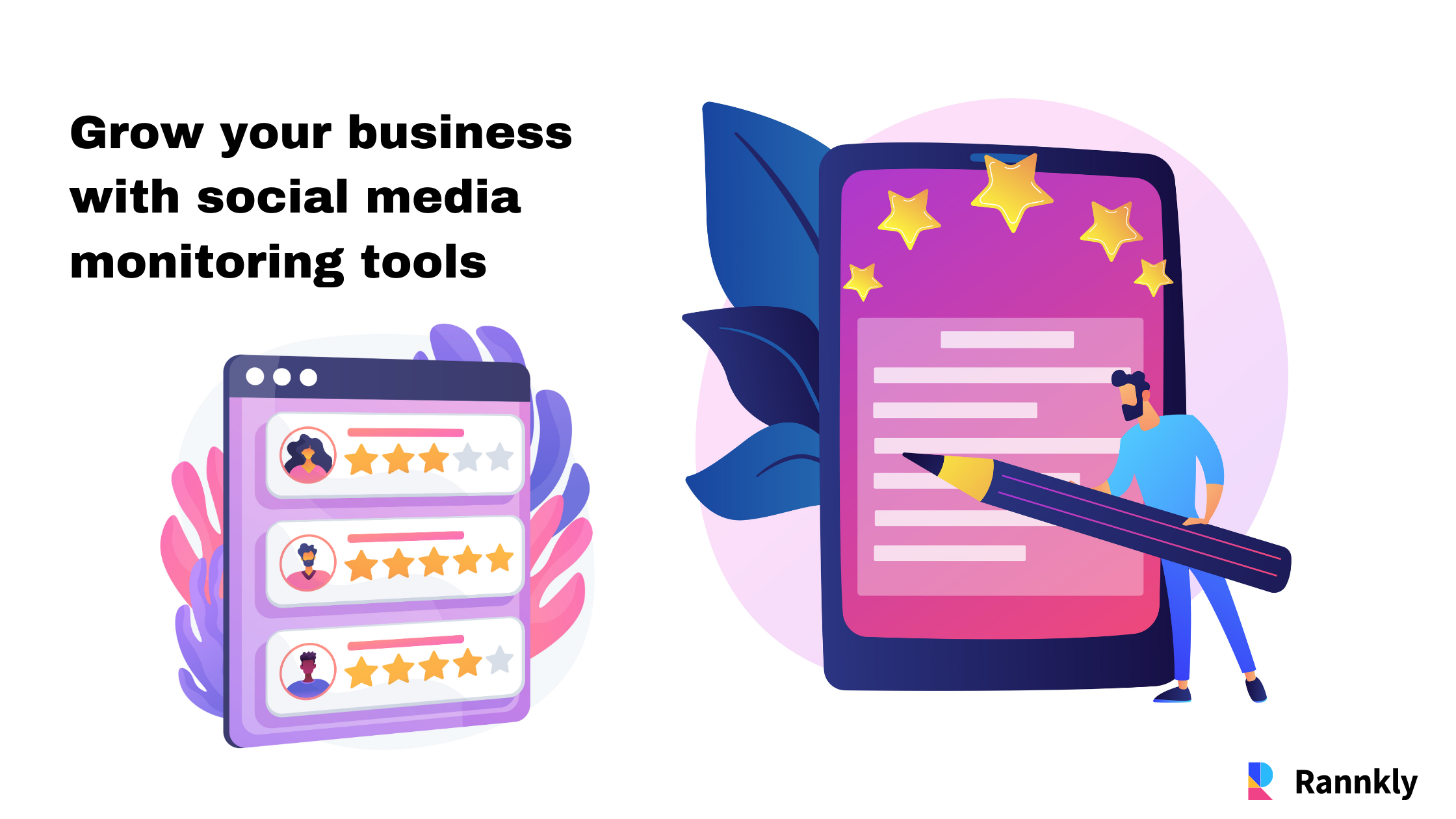
What does Online reputation management typically involve?
- Using Online Reputation Management software that requests for reviews from customers and publishes them on popular online review sites
- Attachingreview schema markup to your website
- Be active about requesting customers to leaveonline reviews about your business (Around 68% of customers leave reviews about a local business when asked to do so)
- Giving response to both positive and negative reviews, either by showing gratitude for great feedback or addressing the concern
- Promoting positive reviews via multiple channels like sharing on social media,posting on websites, creating banners or running promotional ads.
How is Reputation Management Different From PR?
Let’s understand the concept of Reputation Management with the help of real-life examples.
People who are in the public eye are image-conscious, if they are not then their audience will not accept them for who they are. Film Stars and politicians hire PR for managing their reputation and keep them away from negative media coverage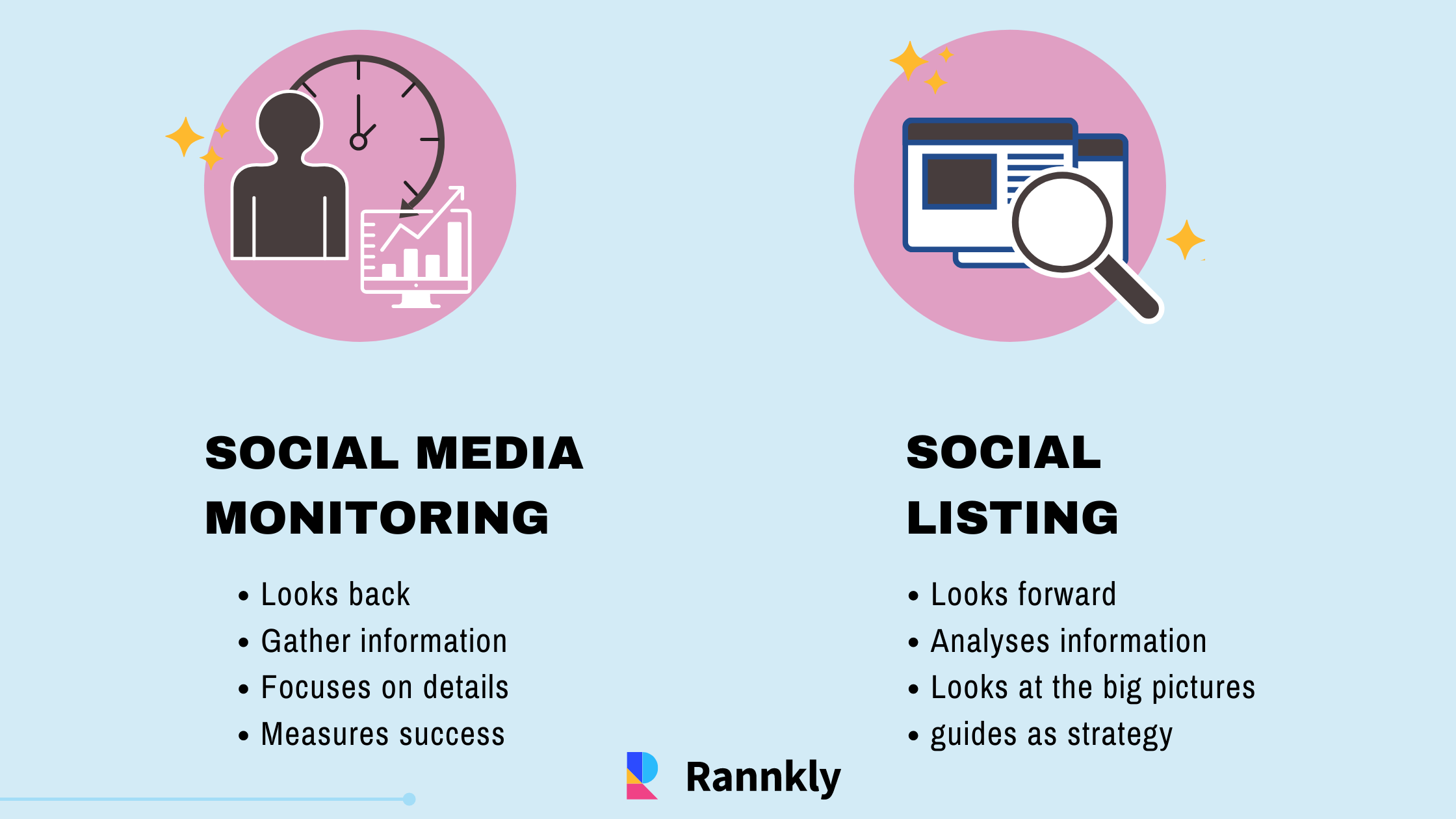
The PR suppresses all the controversial content and puts forward their positive work like charity, associating with NGOs, and other promotional activities. This can be termed as traditional reputation management.
Online reputation management is different from traditional reputation management as it does not involve limiting sensational stories but it is a way to generate, improve and respond to online reviews that customers give you about your business.
Check out this Online reputation management Case study.
Why are online reviews essential to businesses?
In old times, when people had a bad experience while using a particular product or service, they did not get a large audience to share. They would just tell their immediate family members or friends, but the widespread circulation of these verbal reviews was extremely unlikely to happen. Because that was not the age of the internet.

But, now more than 8 in 10 consumers have faith in online reviews, which simply means we all are conditioned to look for online reviews before starting a business with a new company.
They are everywhere
You must have encountered various online review sites and social media platforms that ask for your valuable feedback about your experience after using their product or service. You must have observed star ratings and comments on various platforms? Thus, online reviews are everywhere.
You can now see how online reviews have occupied a large part of your social media platforms. As Facebook becomes the second most popular reviews and recommendation platform across the globe.
As a matter of fact, you can’t run away from online reviews, they will write about your online business, and customers will read them to make their choice. Therefore, online reviews play a pivotal role in making or breaking your business.
Reviews on social media platforms
Nowadays, social media provides good exposure for the expansion of your business. From the Facebook page of a business, it becomes quite easy for a shopper to retrieve more information. Like on review platforms and search engines, reviews onFacebook act as social proofthat tells you about the quality of your business.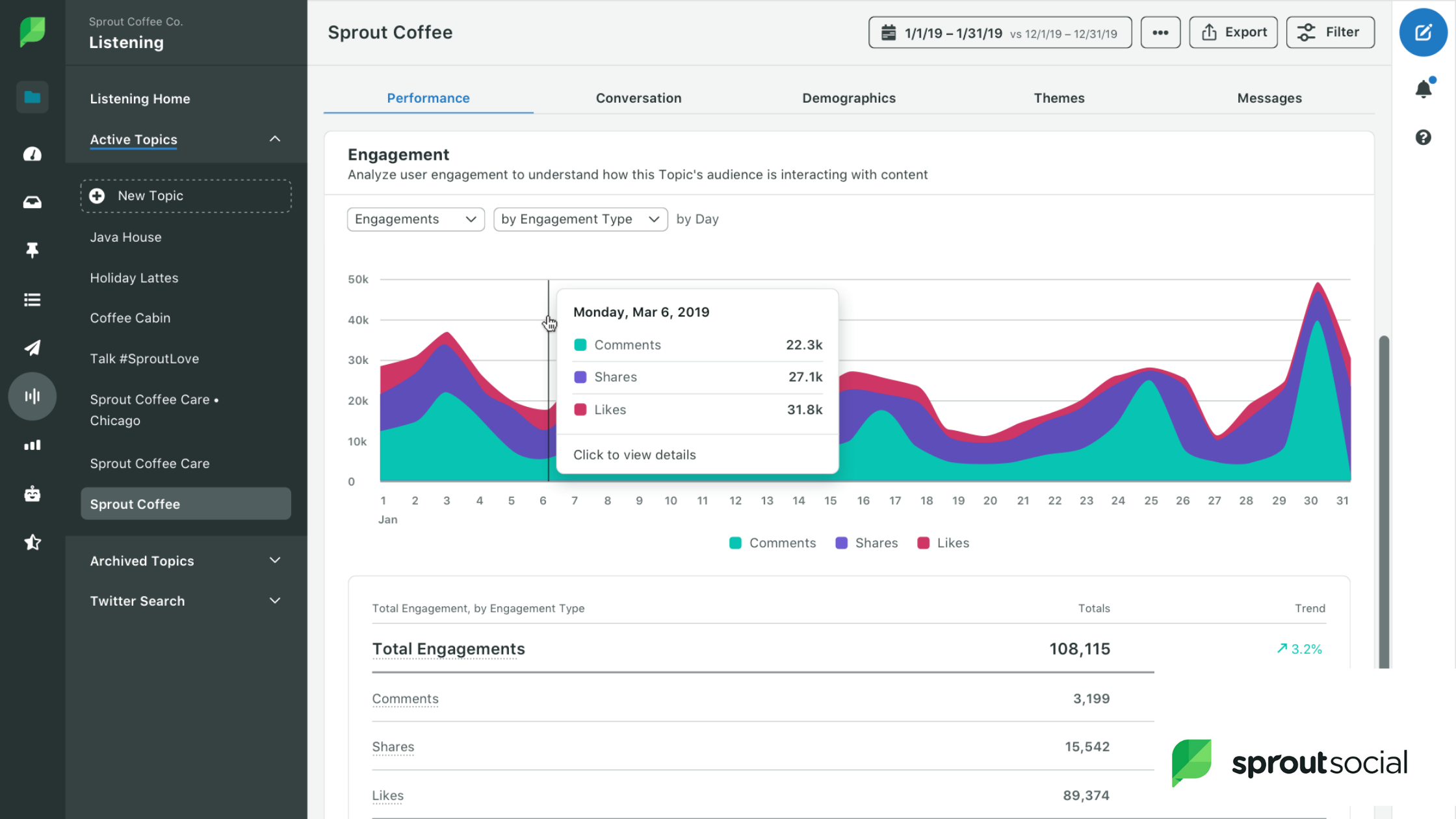
According to a 2017’s Research report by Open Influence, about 47.7% of US social media users purchase mostly from Facebook.
Reviews can improve click-throughs
In 2021, consumers observe from the reviews and create a hazy image about your brand, before purchasing something or indulging in business with you. They trust online reviews; around 87% of customers prefer 4-5 star reviews before entering into any business activity with you. If you are unable to get an average 3-5 star rating, then your potential customers will look somewhere else - probably towards your competitors.
Use reviews on your website to increase conversions
Your business reputation is prominent in multiplying the number of customers. Potential customers go online to see reviews whilst making a decision to purchase any product or use services.
People get attracted to5-star reviewson your website and they decide to choose you over others.
Moreover, an increasing number of consumers read more than 11 reviews before trusting a business. Therefore, it is important to provideeasier accessto reviews on your media channels to increase the rate of conversions.
Post a review pic showing thats inviting other people also -some feedbacklike that
Who writes Online Reviews?
Based on the personality type and depending on experiences, people write online reviews about your business. There is a psychological analysis that tells why consumers leave certain kinds of reviews. Let’s dig into the detailed categories of people, who leave online reviews after using your product or service.
- Consumers who are frustrated after a negative experience.
- Consumers who want to appreciate your business after a phenomenal experience.
- Consumers who want to be valued for their knowledge or taste.
- Consumers who get empowered by expressing their opinions.
- Consumers who feel a sense of belonging to the community and give it back.
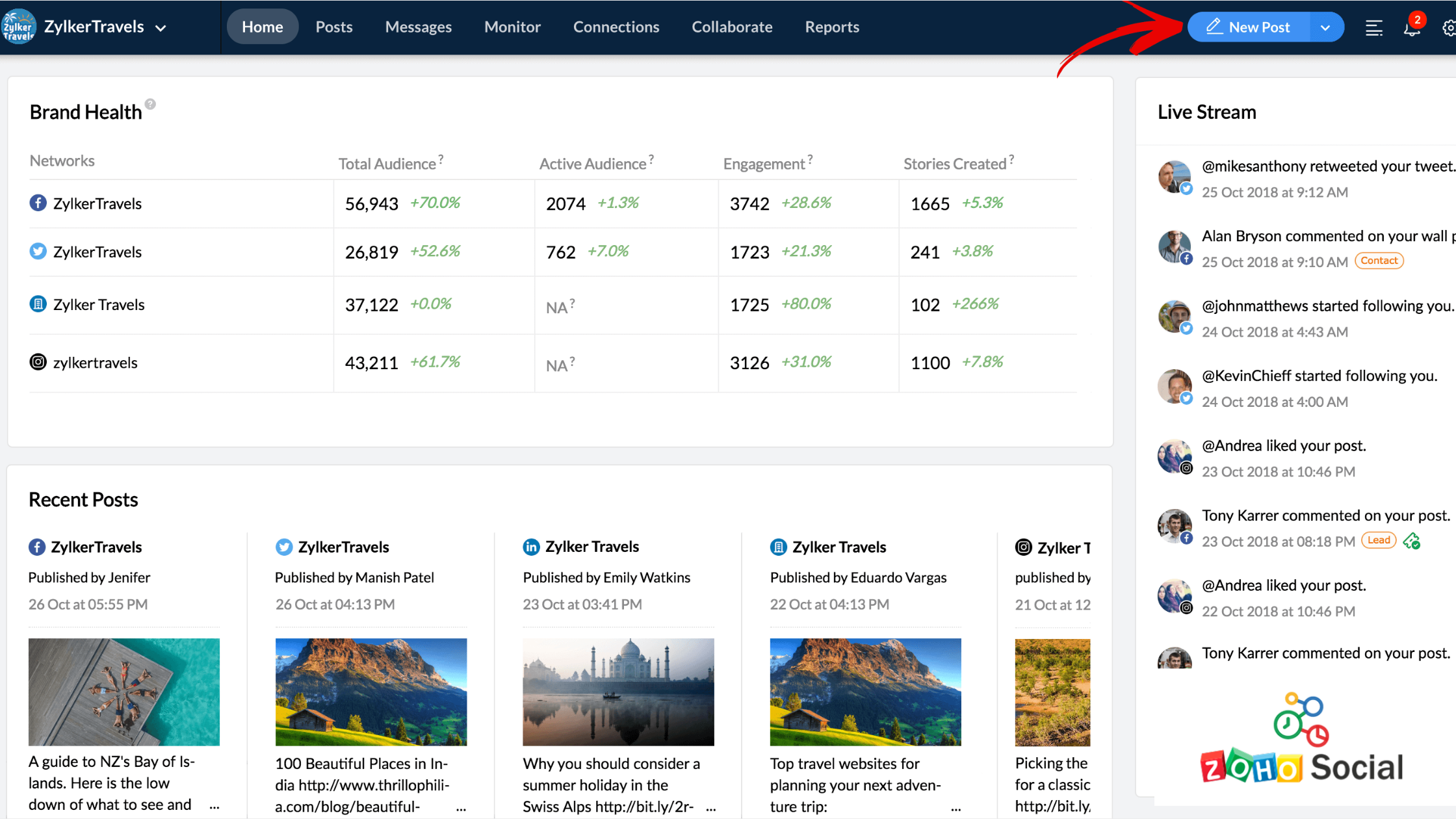
Some people will never leave anonline review, while others will morally fill in the reviews after purchasing the product or experiencing a service. However, some customers will only give reviews when they experience something too good or too bad.
10 Online Reputation Management Strategies you can use in 2021
Online marketing experts spend a lot of time and energy providing businesses advice on managing online ratings and customer reviews.
Customer review managementhas become the need of the hour in today’s world, you just can’t ignore it; if you do so, you have to face its consequences, which will deteriorate the image of your own brand.
Hardly any business exists that does not encounter any issue with customers. It would be great if you resolve things before it reaches a point where customers out of anger use public forums tocomment negatively about your business. Do you want to experience the same?
But, if you strategize before handling online criticism of your company, then few bad reviews might not produce any sort of devastating results at your end.
Here are 10 essential tips to manage your online reputation. Let’s have a look below:
1. Create Your Internet Presence:Your business should have a presence on Twitter, Facebook, and Google+ at minimum. To keep abreast with your competitors, you should have accounts on additional social media platforms that are specific to your industry.
Many professional businesses use LinkedIn to communicate and tell you their products and services.
Need assistant ? Talk to an expert
2. Don't ignore Social Media Accounts:You need to create your social media accounts. Being present on Twitter, Facebook, Instagram and Google+ is not sufficient, you need to create your audience on them. On social media platforms, you have to engage with your customers and create an influence. You can update your social media feeds with interesting news and facts by which you can magnify your influence. Through social media, try to engage with your customers and solve their queries and know more about their requirements and experiences.
If you miss out on this, those accounts are not strong enough to outrank the postings if someone gives negative reviews.
3. Develop your Brands and Products
Besides your company’s name, if you have products or brands you need to create an online image and social profiles for them. Create some fascinating content for your products to rank them better while also designing social media profiles and webpages to create their distinctive brand image.
4. Presence of Stronger Executives
It is very important to create the social media presence of founders, owners, or executives stronger than usual because consumers often search by their names, and the company’s reputation is associated with them.
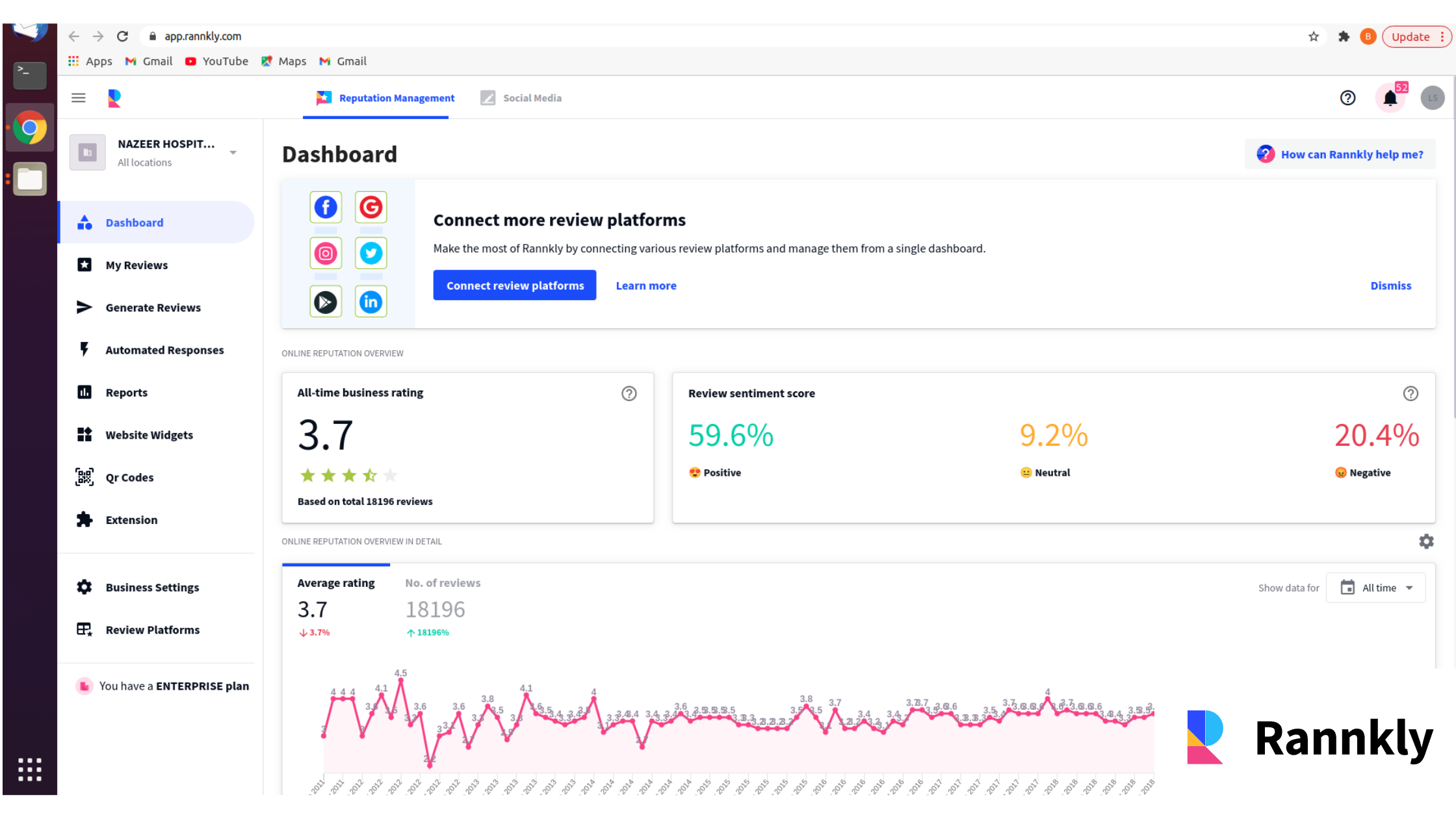
5. Blog
Blogs are quintessential for ranking your site with good and potent keywords. This provides enriching material to your social media accounts. Writing lengthy blogs with effective keywords help your blogs to rank higher on Google. Creative blogs with enriching content catch the attention of the readers, which make your website irresistible.
6. Listen! Listen! Listen!
You need to acknowledge customers’ negative reviews to improve the quality of your services and make them work towards your advantage. Addressing frequentnegative reviewsin a polite and humble manner becomes so important to improve the reputation of your brand. Use creative ways to solve the issues that your customers have.
7. Apologize
If you fail to live up to the expectations of your customers, then don't be shy to apologize. Step forward and tackle the situation by being honest and accepting your mistake, while providing an immediate solution to your customer audience. This might not only bring back your angry customer but attract another audience too.
8. Do not go into a war of words - online
It is not good to go into irrelevant arguments with your audience online. If you do so, it will ruin your reputation. Exchanging harsh and unprofessional comments will show a negative impression even if you are 100% correct.
The most effective approach is to tackle situations offline but be nice to people while interacting with your online audience. Your professional replies will make you look smarter than stepping yourself down by going into unnecessary arguments. Next time, if you feel there is an urge to reply negatively, get yourself away from your computer.
9. Positive Online Reviews expand your business
For the expansion of your business, it is important to ask your happy or satisfied customers to leave good online reviews about your business, But be very gentle in doing so. As per the 2018 Local Consumer Review Survey, around 86% of people go through online reviews before making a purchase. You should ask your customers to leave reviews on Google My Business, Facebook, or Yelp to create a positive reputation for your brand.
10. Requires Good Investment
Online Reputation Management needs money and time. Small and local businesses think there is no need for proactive reputation management but to carve a niche in the market, you have to spend a good amount on improving the reputation of your brand.
Are you looking for a cost-effective reputation management tool? If yes,Rannkly can be the best fit for you. At economical rates, you can boost the reputation of your business and take it to the greater heights.
How Does ORM impact Digital Marketing?
Digital marketingrefers to the advertising of your products or services through digital channels such as social media, search engines, websites, etc. That’s why people go online to check reviews and what others are writing about your brand. For this, you need to be vigilant about your brand’s reputation, and give emphasis to Online Reputation Management.
Online Reputation Management has a lot of influence on digital marketing. Why? Let’s figure it out.
others are writing about your brand. For this, you need to be vigilant about your brand’s reputation, and give emphasis to Online Reputation Management.
Online Reputation Management has a lot of influence on digital marketing. Why? Let’s figure it out.

In 2021, human beings have developed a habit of checkingreviewsand comments on various social media platforms, whenever they think of purchasing, to be sure that they are buying the best product in the market. Customers make up their minds on the basis of the online reviews and form an image in their minds.
ORM plays a pivotal role in digital marketing because it helps to get rid of negative reviews about a company or brand from search engines.
If you have a negative online presence or no presence at all, it can deteriorate the success of your business.
Thus, ORM plays a crucial role in refining and managing your online reviews.
How Online Reputation Management is Important in Digital Marketing
- According to a survey, around 65% of customers come from online referrals
- It increases your SEO Online Reviews that help you to improve your SEO ranking
- It enhances your brand visibility and helps to improve your positive reviews
- It tremendously improves your sales because customers attract to positive reviews
Online Reputation Management redefines the success of your business.
6 Best Online reputation management Tools
Every business owner wants to know what and how people think about their business, be it negative or positive and how can we find it out on the internet?
With the help of updated tools, they can track their Online Reputation and make a fascinating brand. Here, some of the excellent tools that track your online reputation.
1.Google Alerts: Google provides several free tools for marketers and SEO professionals, and Google Alerts is one of them.
You just need to enter your company’s name for which you want to get alerts.
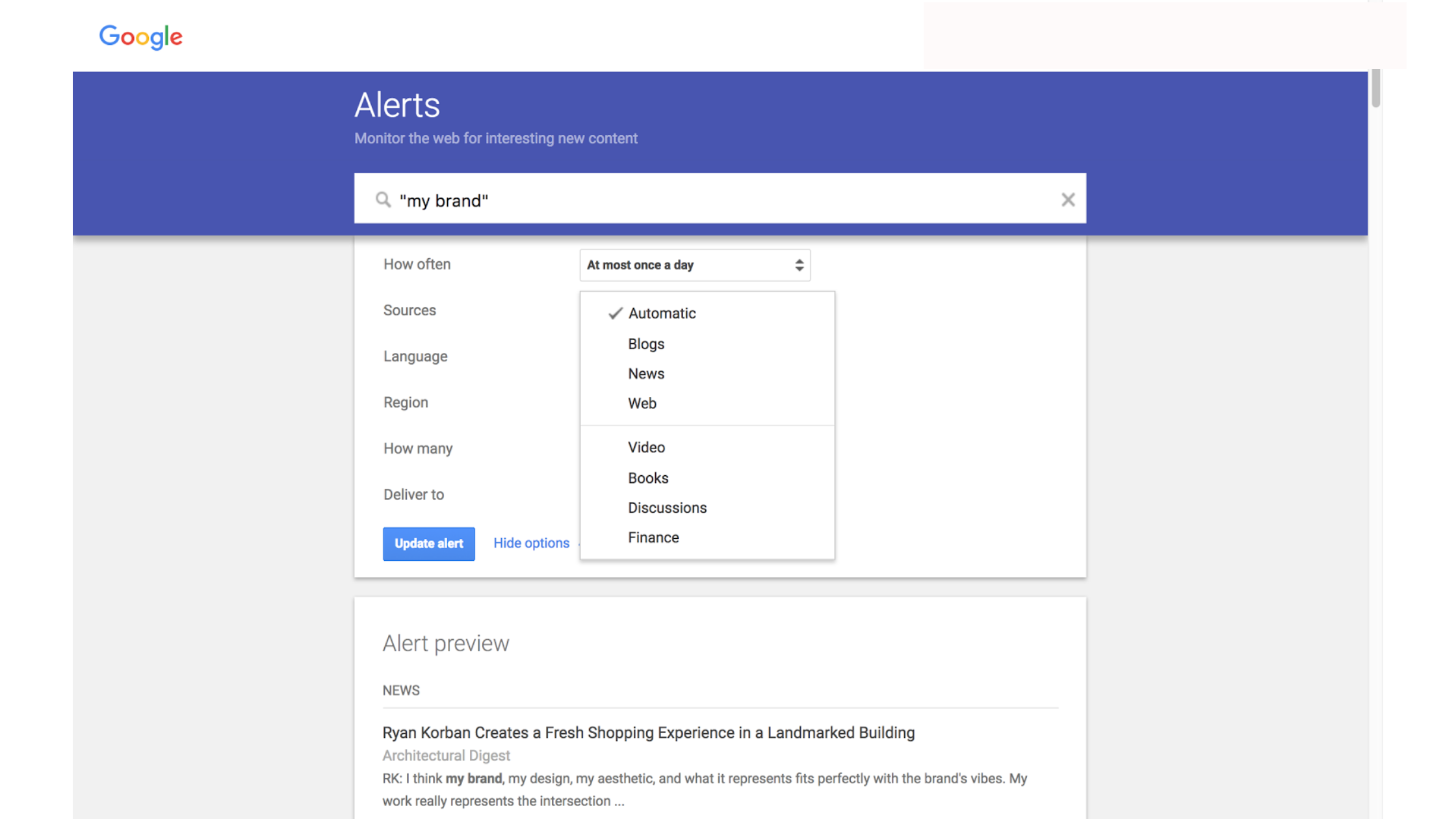
2.Social Mention: More than 80 social media sites are monitored through Social Mention, which includes Facebook, Twitter, and YouTube.
The results of Social Mention reflect the information that helps you to measure, monitor, and improve your business reputation.
Strength:It determines how often your brand is talked about on social media platforms.
Sentiment:It is defined as the ratio of positive reviews to negative ones.
Passion:With how much enthusiasm and positivity, people are talking about your brand and will continue to do so.
Reach New customers who are leaving the reviews or mentioning your brand.
3.Trackur: It has several distinctive features that help to monitor your brand’s reputation online. It monitors your entire social media and new sites like current trends, keywords, and influence scoring.
4.SentiOne: This tool helps you to look closely at what your customers and other people are saying about your brand. More specifically, it tells you what people have said about your business in the past.
When the information about your brand is overloaded, SentiOne helps you to find the number of mentions of your brand from multiple web sources.
5.Reputology: It manages customers’ reviews and monitors platforms for multi-location businesses. Thus, it acts as a customer review management tool.
6.Rannkly:Rannkly is an online reputation management tool where businesses can connect review websites and monitor, reply & analyse their customer reviews from one dashboard. It also allows them to generate new reviews and engage potential customers with the words of satisfied ones.
Besides social media sites, you can also pay heed to what customers are writing about your business from industry-specific review sites in the domains like healthcare, logistics, hospitality, real estate, etc.
Does Online reputation management help in website ranking?
Online reputation has a dynamic role in making your website rank good on Google, which will in turn increase the visibility of your business online.
It is important to know there is a slight but very important difference between SEO and Online Reputation Management.
Search Engine Optimization vs Online reputation management
As I am sure you all must have heard and read the term SEO, quite popular isn’t it?
SEO comprises methods that allow a website or page to rank higher on Google and other search resources. However, Online Reputation Management is a collective effort to use different pages that showcase your brand’s web persona to rank better on google.
SEO makes your single web page rank higher on Google whereas Online Reputation Management helps to regulate your brand’s identity by managing social media platforms, online customers’ reviews, and their feedback to escalate your Google ranking.
Factors Affecting Google Rankings
Quality content that has relevance to the users ranks higher on google. Google works on algorithms that calculate your brand’s web presence.
What Google does, have a look below:
- Seeing whether the content is unique or not.
- Rating engaging content and its originality
- Strong backlinks
- Website optimization
- Website structure
- Mobile site optimization
- Speed of your website
- Usage of Keywords
- Audience engagement
- Location tagging
- Social media ratings, reviews and customer feedback
A Comparative analysis
- Don’t you want to choose the best software from many? Must be thinking, how? After understanding a detailed comparison between various reputation management tools, you can pick the most appropriate one that makes your brand stand out. Let’s explore. Below you can see a comprehensive comparison amongst five of the leading reputation management tools in the market, which are podium,Rannkly, reputation management, reputation defender, and birdeye.
- Have a look at the prominent features of all these tools to get an impressive comparative analysis.
- Generate Reviews:Using this feature, you can request your customers to leave reviews after using your product or service. Podium, Reputation Management, Reputation defender, and birdeye don’t offer this feature. But, Rannkly being theJack of all tradeshas this commendable feature.
- QR codes for reviews:QR codes are the hottest trends in the world of digital marketing and they are the easiest way to get customers’ reviews. Now, the question arises, who promotes this feature? Rannkly is the one who has this distinguishing feature of QR codes for reviews. Others do not offer this.
- Automated Responses:Podium, Reputation Management, Reputation defender, and birdeye donot support this feature. However, Rannkly sends automated responses to the customers when you’re enjoying your vacations or busy due to a hectic schedule.
- Multiple locations:You can add multiple locations via Rannkly but other competitors do not provide this facility.
- The table given below provides you a more elaborative comparison with the help of more features.
- Now, decide, which tool will serve you better?
- You have enough reasons to go for online reputation management, which can boost your business and create an exemplary image of your brand. This attracts more customers and enhances your business.
- If you have any further questions about Rannkly, write to us atsales@rannly.com. We are here to help you in every possible way.
Online Review management statistics
- 97% of the consuming public read reviews online to search for local businesses, and 12% do so daily. https://financesonline.com/
- 71% of consumers say they’re more likely to use a business that has responded to their existing reviews https://statuslabs.com/
- 63.6% of consumers are likely to check Google online reviews before visiting a business’ website. https://financesonline.com/
- 46% of customers believe they’ve read a fake review in the past year https://statuslabs.com/
- Positive reviews make 73% of consumers trust a local business more. https://www.igniyte.co.uk/
- 93% of consumers spend more than a minute reading reviews. https://statuslabs.com/
- 77% of consumers think that reviews older than 3 months aren’t relevant https://statuslabs.com/
- 30% of consumers say they positively judge a business which publicly responds to online reviews https://statuslabs.com/
- 89% of customers won’t take action until they read reviews https://hostingtribunal.com/
- Customers spend 31% more when a business has positive reviews. https://learn.g2.com/
- Google controls 74% of all search engine traffic. https://review42.com/
- 84% of shoppers now read online reviews. https://www.rialtomarketing.com/
- 48% of executives believe improving search results would increase brand equity https://www.reputationmanagement.com/
- A bad reputation costs a company at least 10% more per hire. https://www.forbes.com/
- 48% of consumers only pay attention to reviews written within the past 2 weeks. https://www.brightlocal.com/
- 78% of consumers trust peer recommendations while only 14% trust advertising https://statuslabs.com/
- 31% of businesses say negative content has damaged their business. https://financesonline.com/
- 24% of employed adults say that their employer has rules or guidelines about how they are allowed to present themselvesonline https://statuslabs.com/
- 11% say that their job requires them to promote themselves through social media or other online tools https://statuslabs.com/
- 89% of consumers read businesses’ responses to positive and negative reviews. https://www.igniyte.co.uk/
Social media statistics
- 3.5 billion social media users worldwide.https://www.oberlo.in/
- 49% of consumers depend on influencer recommendations on social media. https://www.oberlo.in/
- 96% of the people that discuss brands online do not follow those brands’ owned profiles https://www.brandwatch.com/
- 98.3% of Facebook users access the platform on mobile devices. https://blog.hubspot.com/
- 81% of all small and medium businesses use some kind of social platform https://www.brandwatch.com/
- 9.4 percent of global active Facebook users are women between the ages of 18 - 24 years, and male users between the ages of 25 - 34 years; https://www.socialpilot.co/
- Facebook usage increases to 97% in B2C marketing. https://www.socialpilot.co/
- In terms of actual social media usage,91% of social media users are accessing social channels via mobile devices https://statusbrew.com/
- 21% of users log in weekly and 16% log in less often than that. https://www.socialpilot.co/
- Worldwide, 43% of gamers play with real-life friends monthly. In China and the Philippines, that rises to 55%. https://www.thebrandonagency.com/
- 91% of all social media users access social channels via mobile devices. https://www.oberlo.in/
- 90% of US marketers name Instagram as the most important social media platform for influencer marketing. https://sproutsocial.com/
- 71% of small-to-mid sized businesses use social media to market themselves, and of those who do so, 52% post at least daily. https://assetdigitalcom.com/
- 83% of Instagram users discover new products and services on the platform. https://www.socialpilot.co/
- 98.3% of Facebook users access the platform on mobile devices. https://blog.hubspot.com/
- 83.36% of internet users are on social media; however, a titanic 90.71% of mobile internet users are active on networks https://backlinko.com/
- 16% of all Facebook profiles are fake or duplicates.https://blog.hubspot.com/
- 70% of the total US population have social network accounts, totalling a number ofhttps://backlinko.com/
- 92.81% of all internet searches are carried out by Google https://www.brandwatch.com/
- 18.3% of U.S. social media users made a purchase through, followed by Instagram at 11.1%https://statusbrew.com/

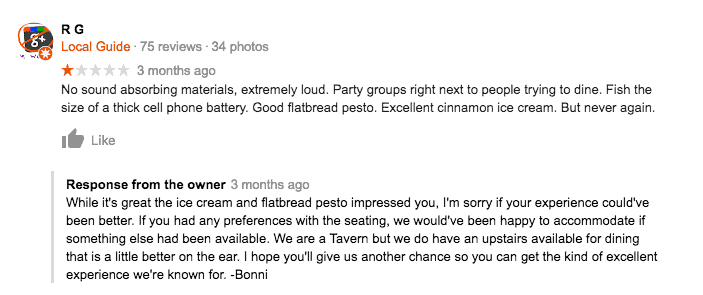
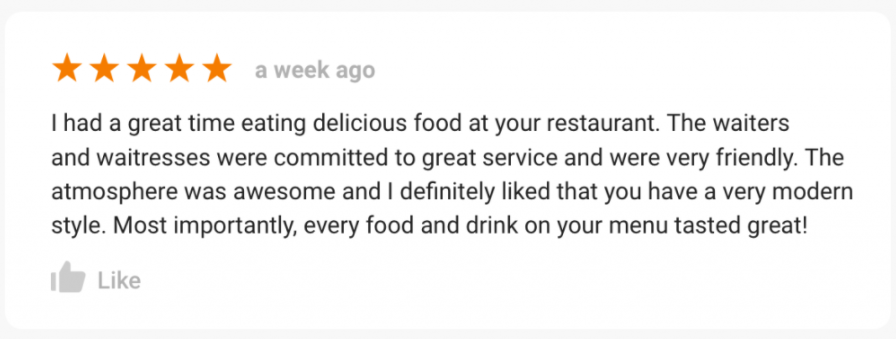



/filters:format(webp)/assets/images/schedule-demo-2.jpg)